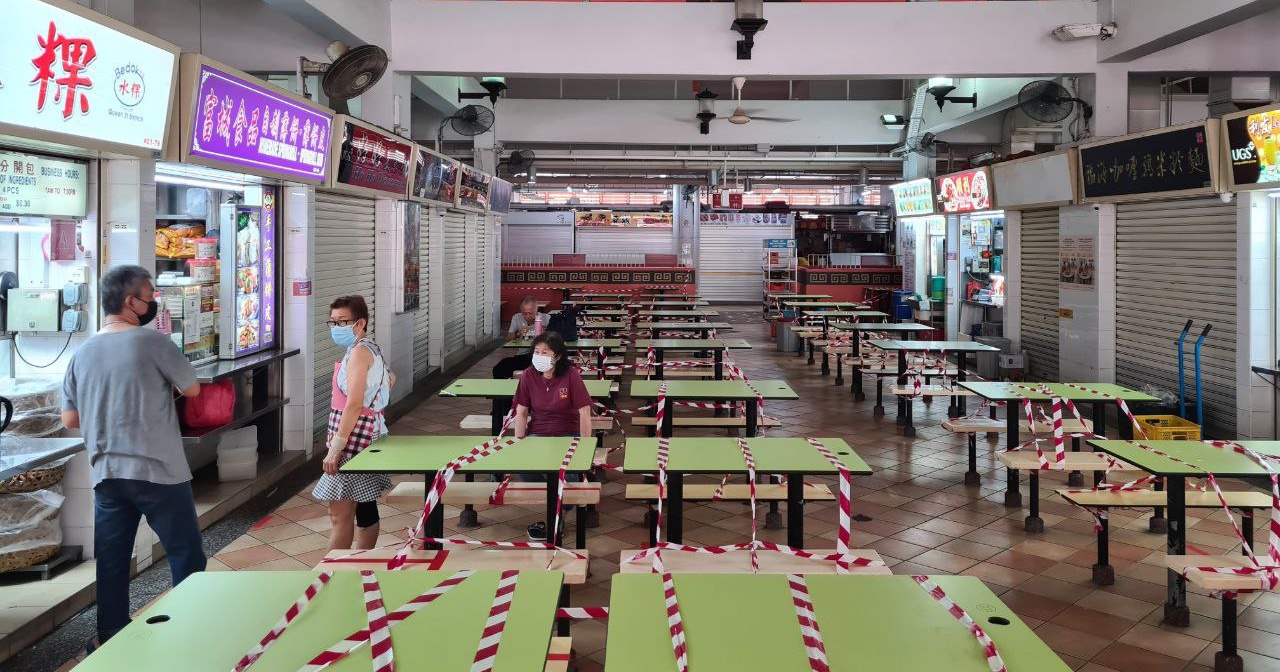Singapore's hospital capacity, in particular the Intensive Care Unit (ICU) capacity, is key to determining the type of safe-management measures that will be deployed.
Singapore's ICU capacity can reach limit in five weeks
Health minister Ong Ye Kung said on Friday (July 16) that Singapore's ICU capacity for Covid-19 patients is about 1,000 beds.
"So this is what we have to watch closely at any point in time. If we see that the capacity is under pressure, you will need to tighten up, hammer the transmission, go back to Phase 2 Heightened Alert, for example, in order to preserve the capacity and preserve the proper functioning of our hospitals."
In other countries, Ong said, the number of cases and ICU occupancy double every week.
And five weeks is all it takes for Singapore's ICU capacity to reach its limit.
"So if next few days more people fall sick, and ICU, say is 25 people. In one week, it'll be 50. One more week, 100. One more week, 200. One more week, about 500. Fifth week, 1,000. System collapse."
Singapore cannot wait five weeks, Ong cautioned.
"By the third week, if you see the number go up, action has to be taken quickly and rewind us back to at least Phase 2 Heightened Alert."
Most important number to watch: ICU cases
He went on to suggest that, with regard to the infection numbers which are likely to rise in the coming days due to the KTV cluster, it might not be the most important number to watch.
This is because, according to MOH, the people linked to the KTV cluster are young with typically mild or no symptoms. Hence, they do not put a strain on hospital resources.
Instead, the health minister suggested that the "key number to watch" would be the number of cases who are hospitalised with oxygen supplementation or in the ICU.
"The numbers start to rise in a steep way, and that is bad news. It means we may have to consider significantly, roll back the safe management measure."
Currently, there is only one Covid-19 case who is in the ICU.
The main concern that the government has now is that there are 140,000 unvaccinated elderly people, constituting the most vulnerable sub-group, who might get infected by cases linked to the KTV cluster.
"If they visited a KTV lounge, they go home, interacted with parents, grandparents, and the parents and grandparents are not vaccinated, they can be in grave danger. So that is what we must worry about," Ong said.
Top image by Joshua Lee.
If you like what you read, follow us on Facebook, Instagram, Twitter and Telegram to get the latest updates.
